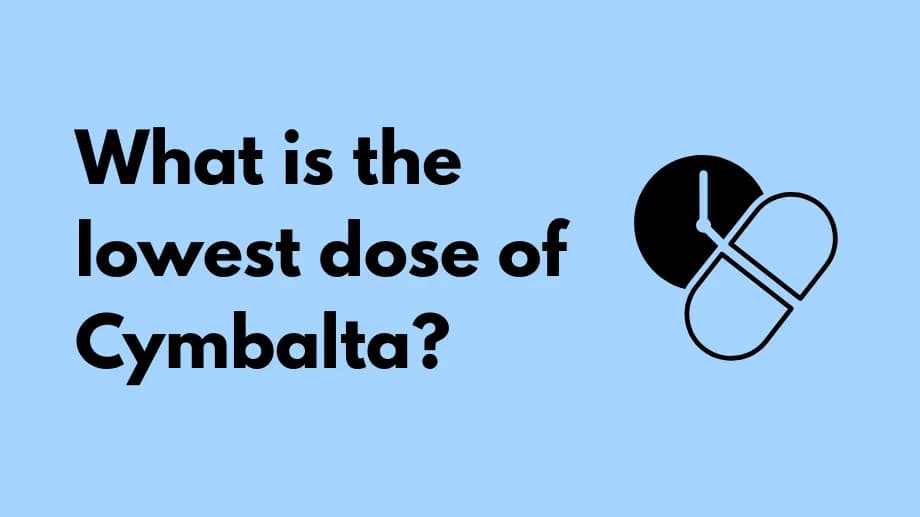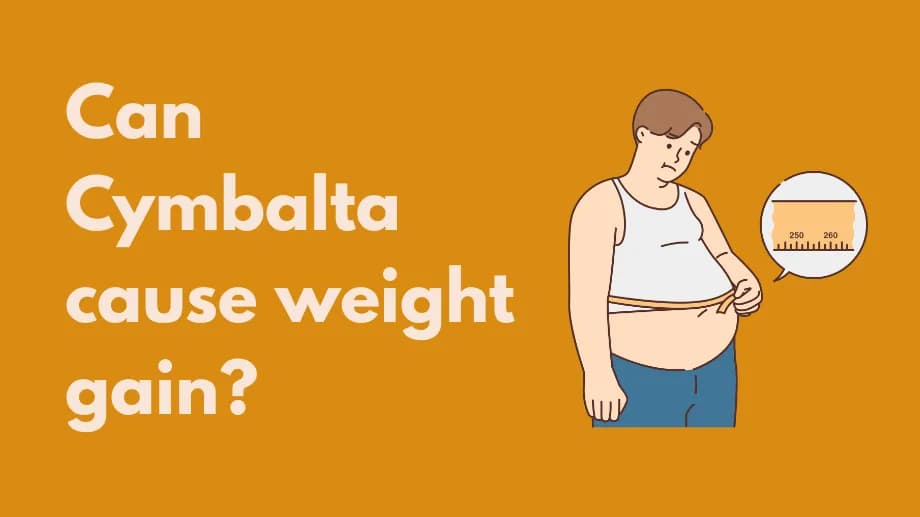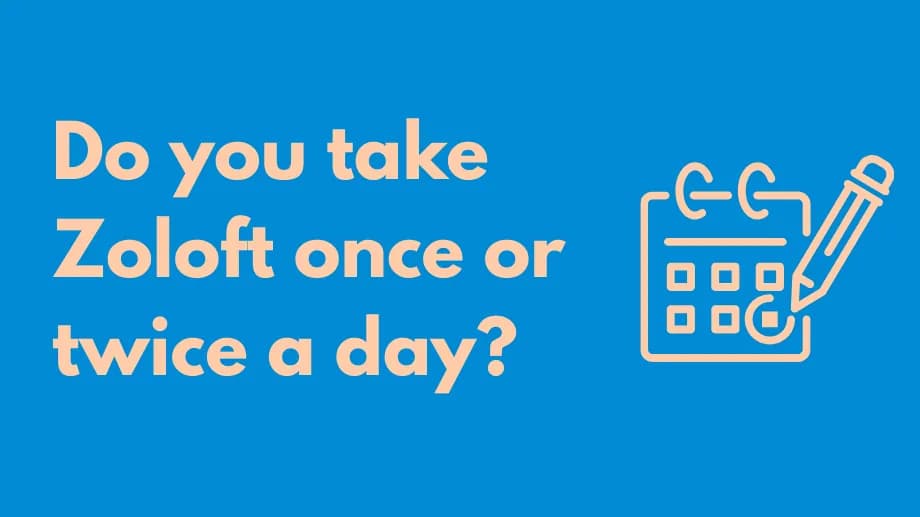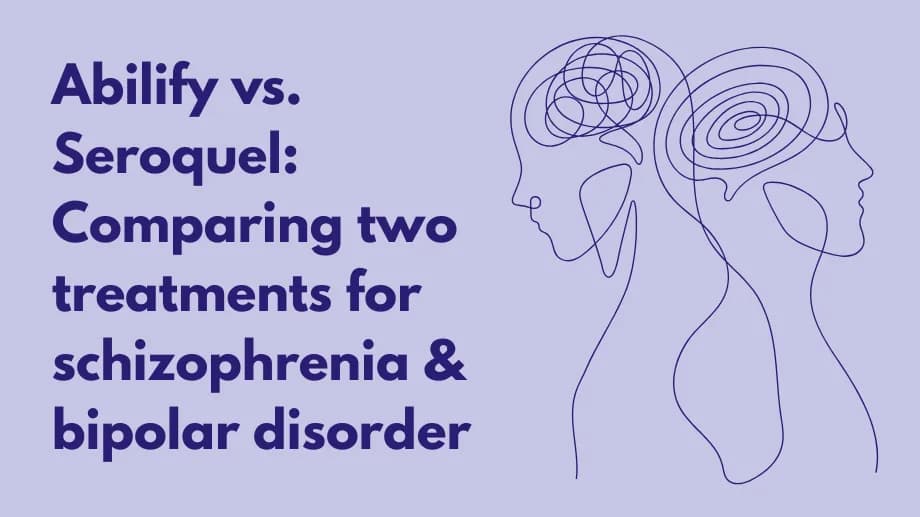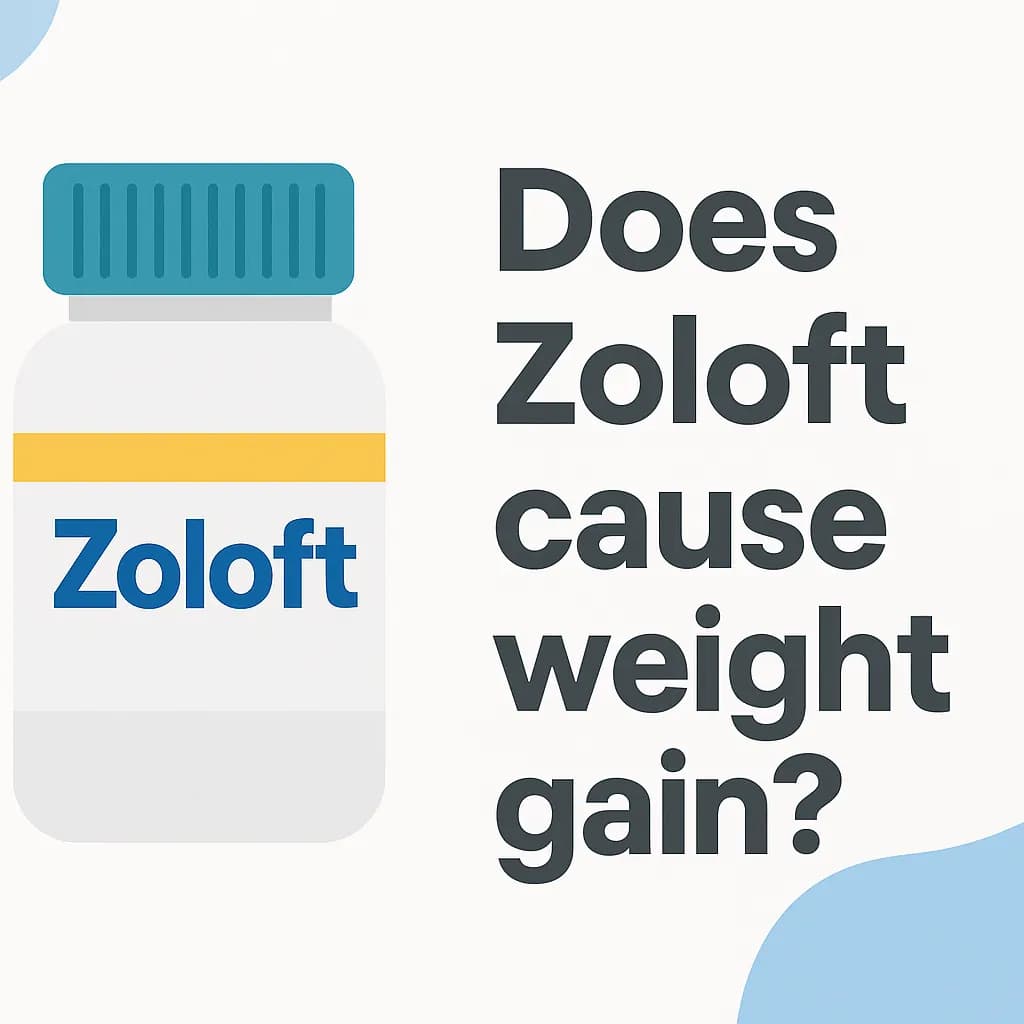What is depression?
Depression (also called major depressive disorder, major depression, and clinical depression) is a common and serious mental health condition that affects your feelings, thoughts, and behaviors.
It is normal for you to feel sad about or grieve over difficult life events, such as losing your job, the loss of a loved one, or a divorce. However, depression is different because it happens nearly every day for at least two weeks and involves symptoms beyond sadness alone. Symptoms of depression can include:
- Persistent sadness, anxiety, or feeling “empty”
- Feelings of hopelessness or pessimism
- Irritability
- Feelings of guilt, worthlessness, or helplessness
- Loss of interest or pleasure in hobbies and activities
- Lack of energy or fatigue
- Difficulty concentrating, remembering, or making decisions
- Difficulty sleeping, early-morning awakening, or oversleeping
- Weight gain or loss
- Thoughts of self-harm or suicide attempts
Depression typically requires long-term treatment that includes medications and psychotherapy. Most people with depression can be effectively treated and live a happy, healthy life.
What are the different types of depression?
The American Psychiatric Association’s Diagnostic and Statistical Manual of Mental Disorders, Fifth Edition (DSM-5) classifies them as follows:
- Major depressive disorder (MDD): depressed mood for at least two weeks, plus symptoms like sleep problems, appetite changes, and loss of interest in daily activities.
- Persistent depressive disorder (PDD): depression lasting at least two years, with symptoms that are less severe than MDD.
- Disruptive mood dysregulation disorder (DMDD): long-term, severe irritability and frequent anger outbursts in children or adolescents, starting before age 10.
- Premenstrual dysphoric disorder (PMDD): premenstrual symptoms with severe depression, irritability, or anxiety, improving within days after the period starts.
- Seasonal affective disorder (SAD): depression related to certain seasons, typically fall and winter.
- Postpartum and perinatal depression: occurs during pregnancy or within four weeks of childbirth due to hormonal changes.
- Depression co-occurring with other mental illnesses or medical conditions, such as OCD, anxiety disorders, substance use disorders, and eating disorders.
Who gets depression?
Depression results from a combination of genetic, biological, environmental, and psychological factors. Common risk factors include:
- Genetics: family history of depression
- Brain chemistry and neurotransmitter imbalances
- Hormonal changes (thyroid issues, menopause, childbirth)
- Life events (loss, relationship issues, financial stress)
- Early childhood trauma (abuse or neglect)
- Medical conditions (chronic illness, insomnia, chronic pain, ADHD, diabetes, cancer, heart disease, Parkinson’s)
- Personality traits (low self-esteem, high stress sensitivity, pessimism)
Understanding these factors is important for effective treatment and prevention.
What are the symptoms of depression?
Depression affects emotions, cognition, physical health, and behavior. Common symptoms include:
Emotional Symptoms
- Persistent sadness, anxiety, or emptiness
- Hopelessness, pessimism, or despair
- Irritability or frustration
- Guilt, worthlessness, or helplessness
- Loss of interest or pleasure in usual activities
Cognitive Symptoms
- Trouble concentrating, remembering details, or making decisions
- Slowed thinking, speaking, or movements
- Frequent thoughts of death, suicidal ideation, or suicide attempts
Physical Symptoms
- Fatigue or lack of energy
- Changes in appetite (increased or decreased)
- Sleep disturbances (insomnia or hypersomnia)
- Unexplained aches and pains (headaches, back pain)
Behavioral Symptoms
- Avoidance of social interaction
- Neglect of responsibilities and personal care
- Decreased performance at work or school
- Restlessness or slowed movements
These symptoms usually last at least two weeks and represent a change from previous functioning. If you or someone you know experiences these symptoms, seek professional help.
How is depression diagnosed?
Diagnosis is made by a healthcare professional through evaluation of symptoms, medical and family history, and mental health assessment. This may include:
- Medical history and interview about symptom duration and impact
- Physical exam and lab tests to rule out other medical conditions
- Psychological evaluation using questionnaires or self-assessment tools
- Application of DSM-5 criteria requiring at least five key symptoms nearly every day for two weeks
- Exclusion of other mental health disorders like bipolar disorder or anxiety disorders
How is depression treated?
Treatment typically involves a combination of medications, psychotherapy, lifestyle changes, and supportive therapies:
Medications
- SSRIs: Prozac (fluoxetine), Zoloft (sertraline), Lexapro (escitalopram), Paxil (paroxetine), Viibryd (vilazodone)
- SNRIs: Cymbalta (duloxetine), Effexor XR (venlafaxine), Pristiq (desvenlafaxine), Fetzima (levomilnacipran)
- TCAs: Tofranil (imipramine), Pamelor (nortriptyline), Elavil (amitriptyline), Norpramin (desipramine)
- Atypical antidepressants: Wellbutrin XL (bupropion), Remeron (mirtazapine), Trintellix (vortioxetine)
- Other medications: mood stabilizers, antipsychotics, anxiety medications as adjuncts
Psychotherapy
- Cognitive Behavioral Therapy (CBT) to change negative thought patterns
- Interpersonal Therapy (IPT) to address relationship issues and life changes
Lifestyle Changes and Home Remedies
- Regular exercise to boost mood and health
- Balanced nutrition for energy and well-being
- Consistent sleep schedule to improve sleep quality
- Stress management techniques like meditation and yoga
- Avoiding alcohol and recreational drugs
Brain Stimulation Therapies
- Electroconvulsive Therapy (ECT) for severe, treatment-resistant depression
- Transcranial Magnetic Stimulation (TMS) for depression unresponsive to medications
Supportive Care
- Support groups for emotional support and coping strategies
- Education about depression for patients and families
Sources
- Depressive Disorder (Depression) Fact Sheet. World Health Organization. Accessed May 13, 2024.
- Depression. National Institute of Mental Health. Accessed May 13, 2024.
- Depression. National Alliance on Mental Illness. Accessed May 13, 2024.
- What Is Depression? American Psychiatric Association. Accessed May 13, 2024.
- Mental Health Conditions: Depression and Anxiety. Centers for Disease Control and Prevention. Accessed May 13, 2024.
- Depression. Merck Manual. Accessed May 13, 2024.
